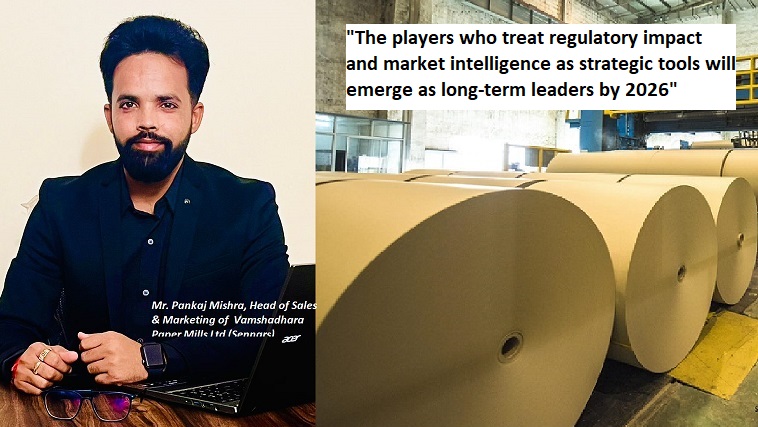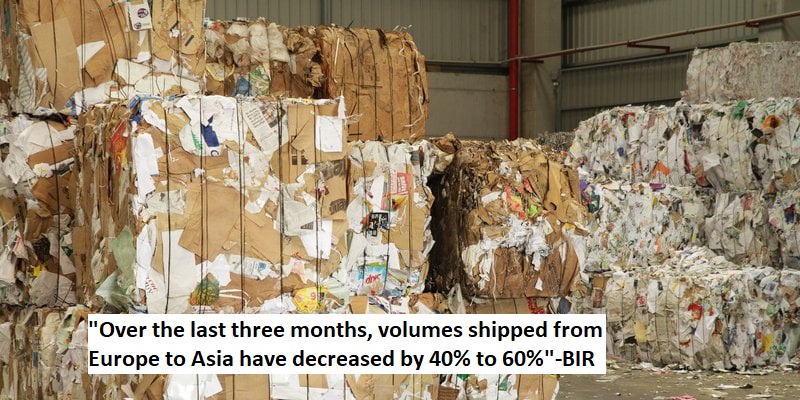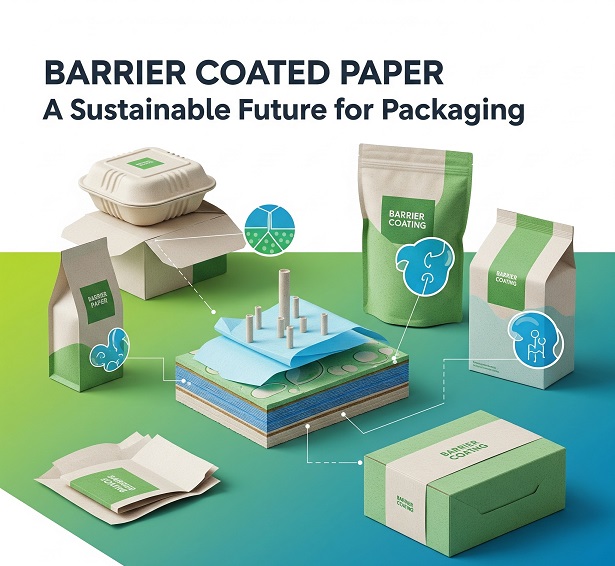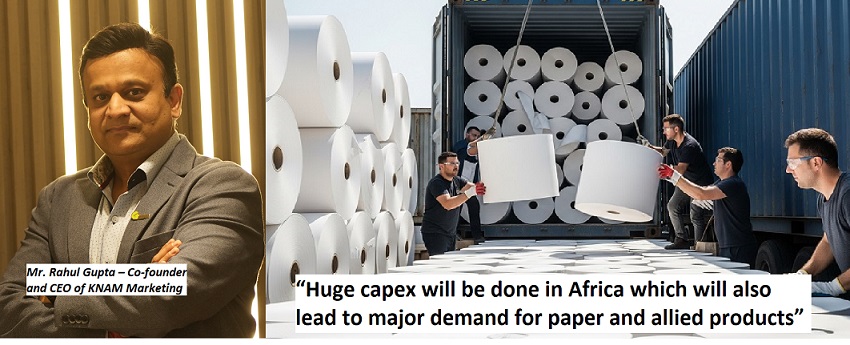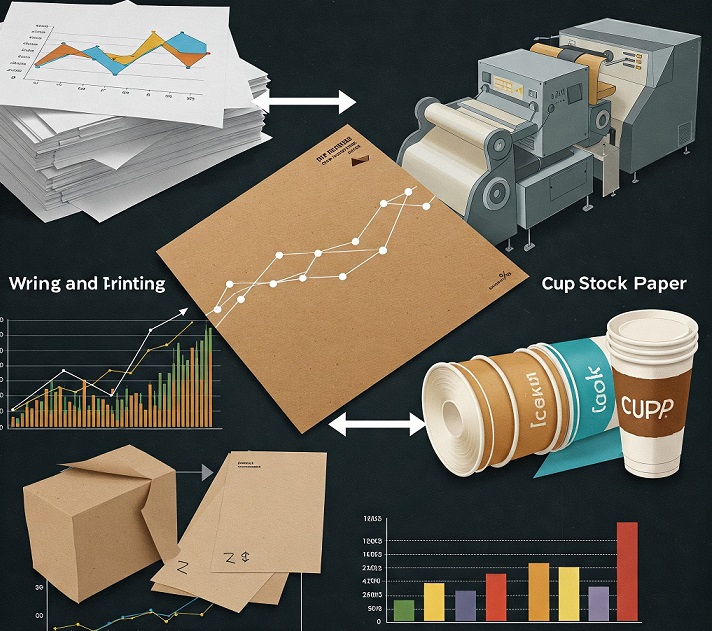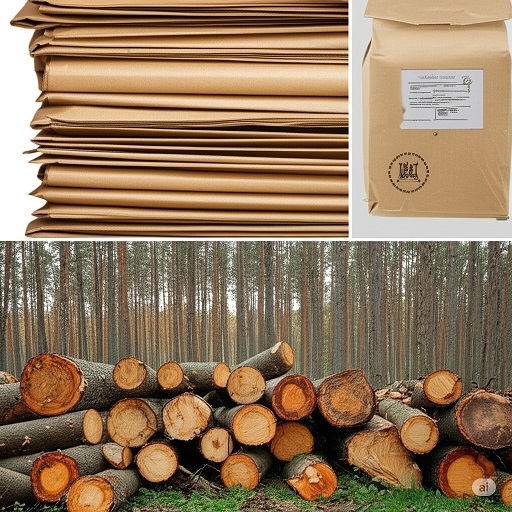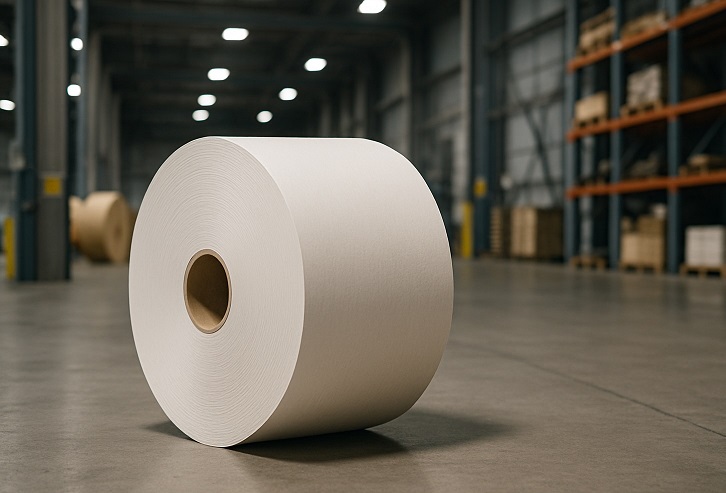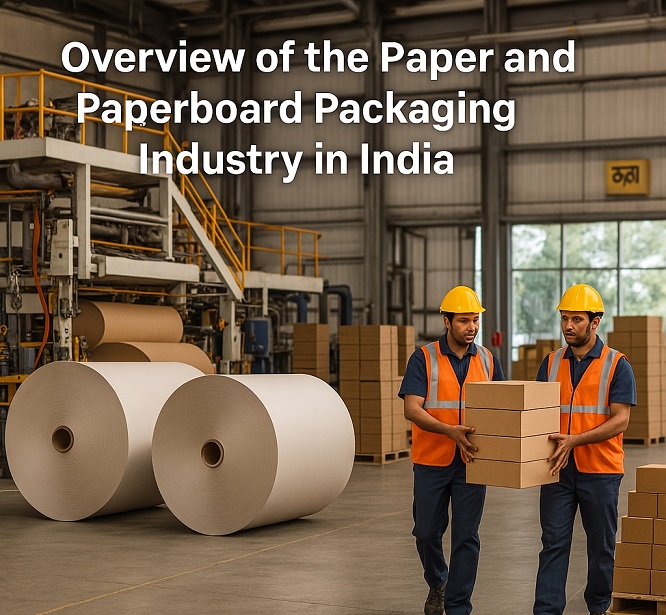Fast moving consumer goods companies are leading the way in sustainable packaging
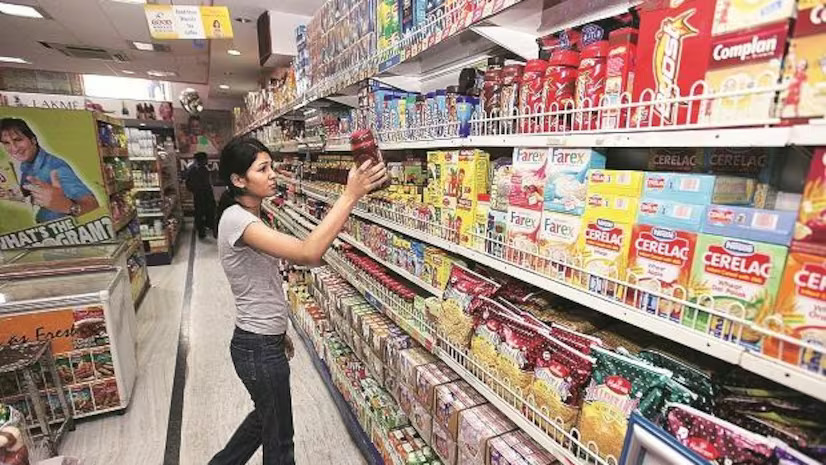
Fast moving consumer goods companies are leading the way in sustainable packaging
-For rigid plastics, Unilever targeted 100% recyclability by 2030, with a goal to achieve the same for flexible plastics by 2035
-By the end of 2023, Nestlé reported that 83.5% of its packaging was designed for recycling.
The Pulp and Paper Times
Overview
The era when single-use plastics were widely accepted for nearly all products is declining. As environmental awareness grows, businesses will need to adapt to changing consumer expectations.
The growing importance of sustainability
The landscape of consumer behaviour is undergoing a transformation. With climate change becoming increasingly evident, sustainability has become a core value for consumers. Studies indicate a 71% increase in online searches for sustainable goods; 66% consumers consider sustainability when making luxury product purchases. Ethical consumerism is driving a preference for products with sustainable packaging (recyclable or eco-friendly).
Sustainable packaging India’s FMCG sector, the fourth largest in the country’s economy, is projected to grow at a CAGR of 27.9% during 2021 to 2027, to reach approximately USD 616 Billion by 2027. In line with this growth, the responsibility to adopt sustainable practices becomes pressing. The concept of packaging sustainability encompasses a broader perspective that goes beyond waste management and landfill reduction. In packaging, this translates to the ‘four Rs’: reduce, reuse, recycle and recover - which guide the design and development of truly sustainable packaging solutions.
The Indian government’s Extended Producer Responsibility guidelines set mandatory targets for producers, importers and brand owners regarding the reuse of rigid plastic packaging, recycling of plastic packaging waste and the incorporation of recycled plastic in packaging. For compostable plastic packaging, the EPR target is 100% from FY23-24. These guidelines are designed to promote sustainable product design and support the transition to a circular economy.
Sustainable packaging presents opportunities and challenges. Initial investments in research, development and the adoption of sustainable materials can be substantial, warranting a long-term perspective. Transitioning to sustainable materials requires collaboration across the entire supply chain, involving suppliers, manufacturers and retailers. As consumer preferences shift towards sustainable packaging, companies must develop effective communication and marketing strategies to highlight environmental benefits and address potential concerns.
The convergence of government regulations, evolving consumer expectations and increasing environmental awareness presents an opportunity for the FMCG sector to embrace sustainable packaging solutions. By leading this shift, FMCG companies can contribute to a cleaner, greener future for India and the planet.
PROMINENT FMCG COMPANIES ARE DRIVING THE SUSTAINABLE PACKAGING MOVEMENT
Nestlé
By the end of 2023, Nestlé reported that 83.5% of its packaging was designed for recycling. The company focused on gradually phasing out certain plastic types and additives from operations. In the previous year, 41.5% of its packaging had been made from recycled or renewable materials.
Coca-Cola
Coca-Cola launched its ‘World Without Waste’ initiative, aiming to collect and recycle a bottle or can for everything it sells by 2030. The company invested in plant-based and recycled PET bottles as a part of its sustainable packaging goals.
Mars, Incorporated
Mars committed to using 100% recyclable, reusable, or compostable packaging by 2025. The company explored innovative materials like biodegradable films and paper-based wrappers for its chocolate products to meet sustainability objectives.
Procter & Gamble (P&G)
P&G aimed to reduce packaging materials by 50% by 2030 and increase the use of recycled content across its product lines. The company focused on reusable packaging through partnerships with platforms like Loop, which offer refillable containers for P&G products.
Unilever
Unilever committed to make all of its plastic packaging reusable, recyclable, or compostable by 2025. The company also aimed to halve its use of virgin plastic and increase the recycled plastic content in its packaging. For rigid plastics, Unilever targeted 100% recyclability by 2030, with a goal to achieve the same for flexible plastics by 2035.
ITC
Sunfeast Farmlite, under ITC, led the biscuit category with an industry-first 100% outer paper packaging for its digestive biscuit family pack. This packaging innovation showcased the brand’s commitment to reduce plastic use and promote sustainable choices. ITC’s paperboards business offer a range of recyclable and biodegradable boards for the food and beverages, takeaway segments and indoor advertising markets.
TATA Tetley
The new Tetley packaging is designed entirely from recyclable cardboard and food-grade inks, eliminating the need for plastic outer films or inner bags. These packs are recyclable through standard cardboard channels. The tea bags are made from plant-based materials, enhancing the product’s sustainability credentials.
The above report has been extracted from Pakka Limited annual report for FY 23-24
Web Title: Fast moving consumer goods companies are leading the way in sustainable packaging




 Join WhatsApp Group
Join WhatsApp Group Join Telegram Channel
Join Telegram Channel Join YouTube Channel
Join YouTube Channel Join Job Channel (View | Submit Jobs)
Join Job Channel (View | Submit Jobs) Join Buy Sell Channel (Free to Submit)
Join Buy Sell Channel (Free to Submit) Paper News Headlines Channel (Free to read)
Paper News Headlines Channel (Free to read)


